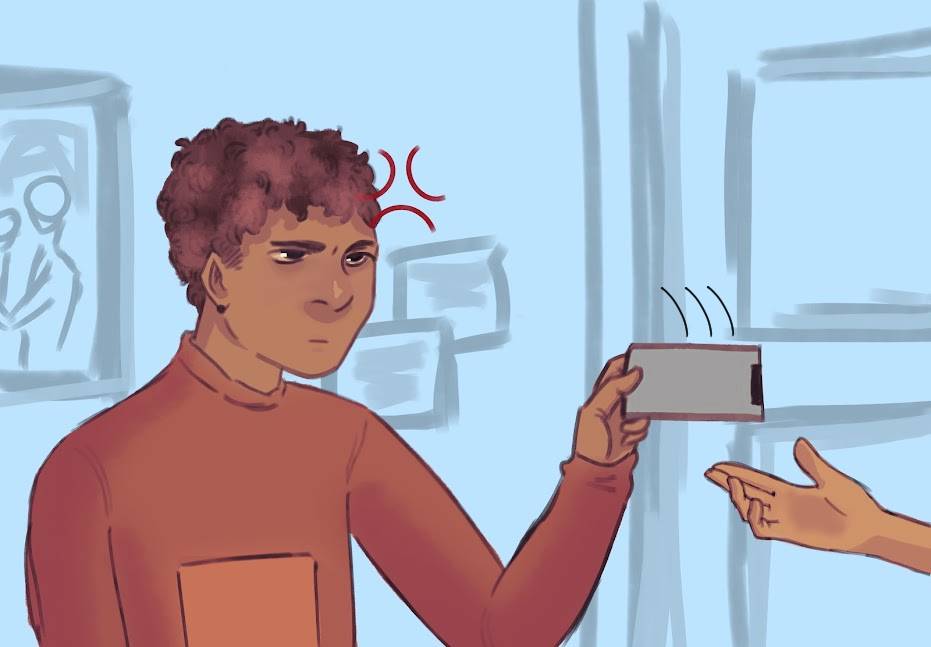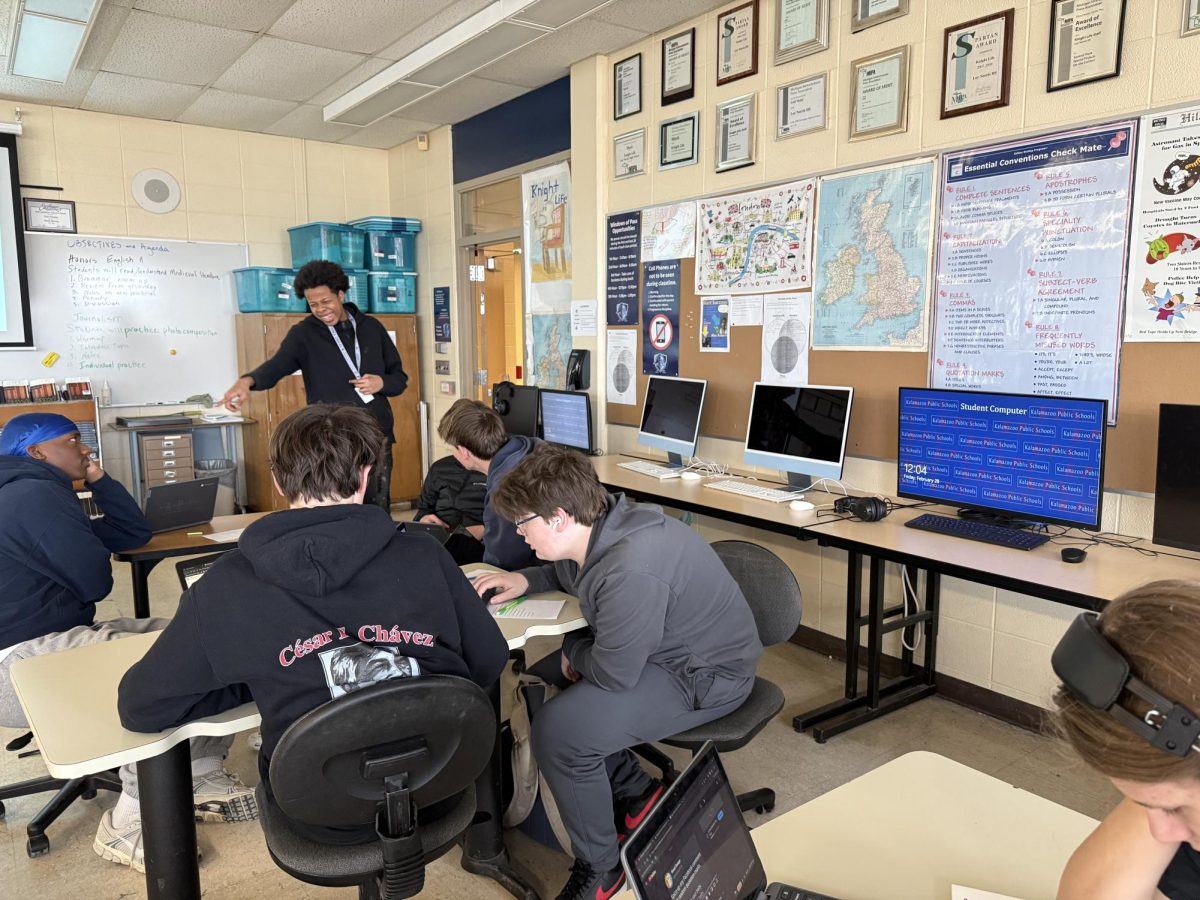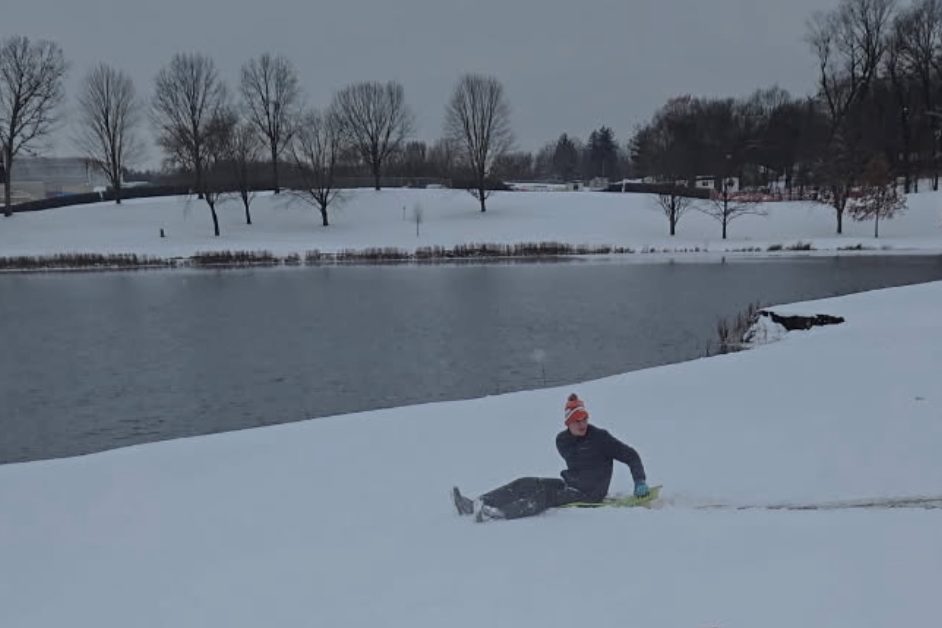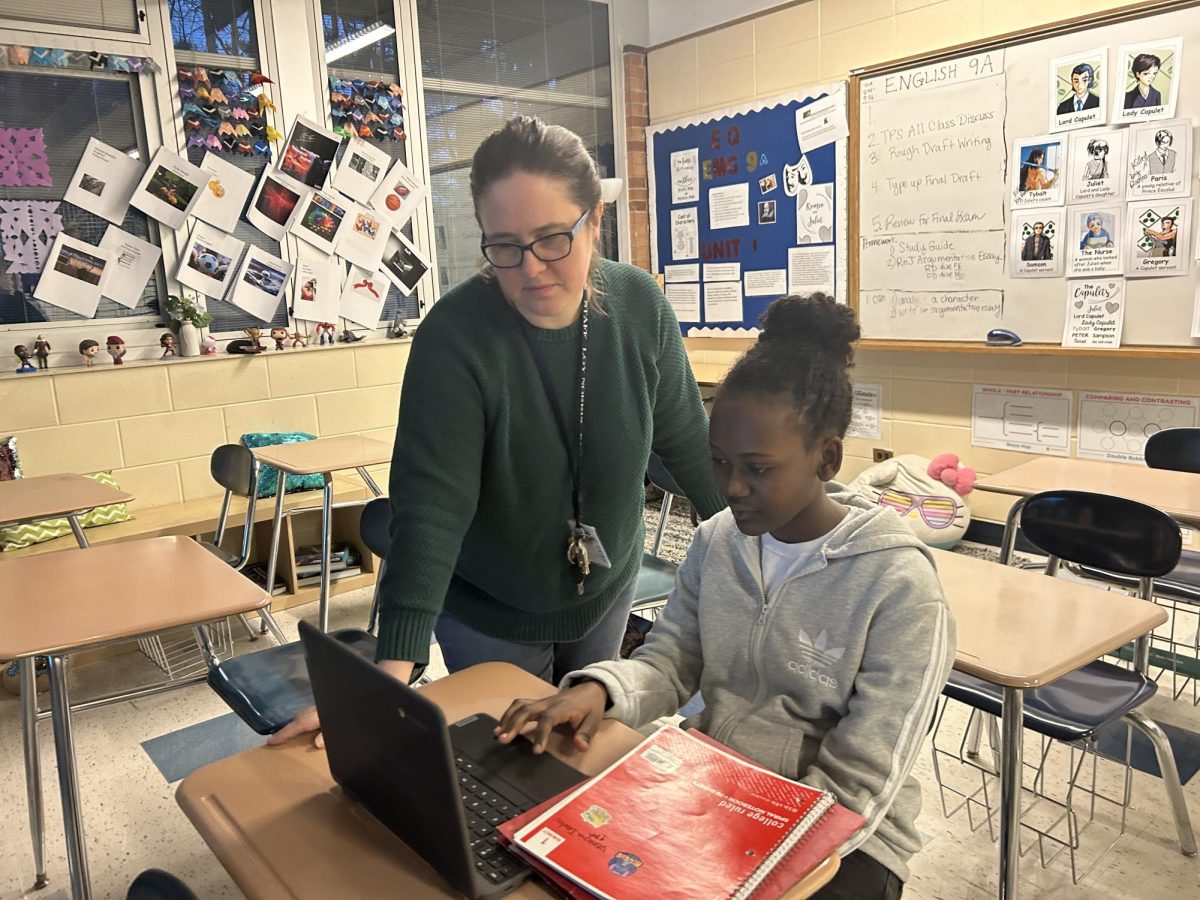You’re sitting in your room, phone gone, game gone, TV gone. You’re not even allowed to go out. You become impatient, bored, and you start to think to yourself, “there has to be a way to pass time.”
Being grounded can be a difficult topic for a lot of teens, but not everyone’s experience is the same. Some might not realize it, but it can affect you in a positive way in the near future. While there is still a negative side to being grounded, sometimes you have to look at the bigger picture.
Grounding has been a long standing practice among many parents. It’s a form of punishment where a parent or guardian puts a limit on the things their child can do, or the things they can use. Examples could be forcing the child to stay in their bedroom, or any place in the house.
“When I was grounded, I was restricted from the use of technology and the things I liked to do as a kid: talking to friends, or going outside to play with them,” sophomore Magnus Jensen said. “I stopped causing problems because I knew the consequences and learned from my mistakes.”
Whitney Mayfield, a mother of a Norrix student, is very familiar with grounding.
“Grounding is very important,” said Mayfield. “Growing up, being grounded taught me how to learn my lesson. My parents always deemed it to be necessary: we were always grounded until our next report card, but never grounded from seeing family. That’s why I think it’s important when raising children: it teaches them what’s wrong and what is right.”
According to the website Parent Data, “The goal of these systems is, broadly, to teach children how to regulate behavior and, overtime, to change behavioral patterns. By clearly communicating that some behaviors are not acceptable, the idea is that kids learn boundaries and self-control.”
When children are restricted from the things they like to do, there’s ways to “fix” that boredom or distract themselves from your troubles.
“To distract me from being grounded, I would usually play with Legos or read books,” said Jensen.
Although children don’t enjoy being grounded in the moment, it teaches them important lessons.
“It was a learning experience for me, teaching me not to do things I wasn’t supposed to do, making me understand consequences from a young age,” said Jensen.
Junior Chris Mckinney has had similar experiences with being grounded, and has also had to fight boredom.
“I would usually sleep or play with siblings to keep my mind off of it. Sometimes I would even feel guilty, leading me to apologize and admit to my wrongs,” Mckinney said. “It was also a learning experience for me, to think about my actions and learn from my mistakes. It was a very boring experience, which made me learn not to get grounded constantly over time.”
There are many different things students will do to try to get their minds off of it. In the future, to help your boredom when grounded, try to use your imagination and do things to preoccupy yourself. Always remember that being grounded, depending on the situation, is usually a learning experience for you to become a better person and that choices have consequences.









